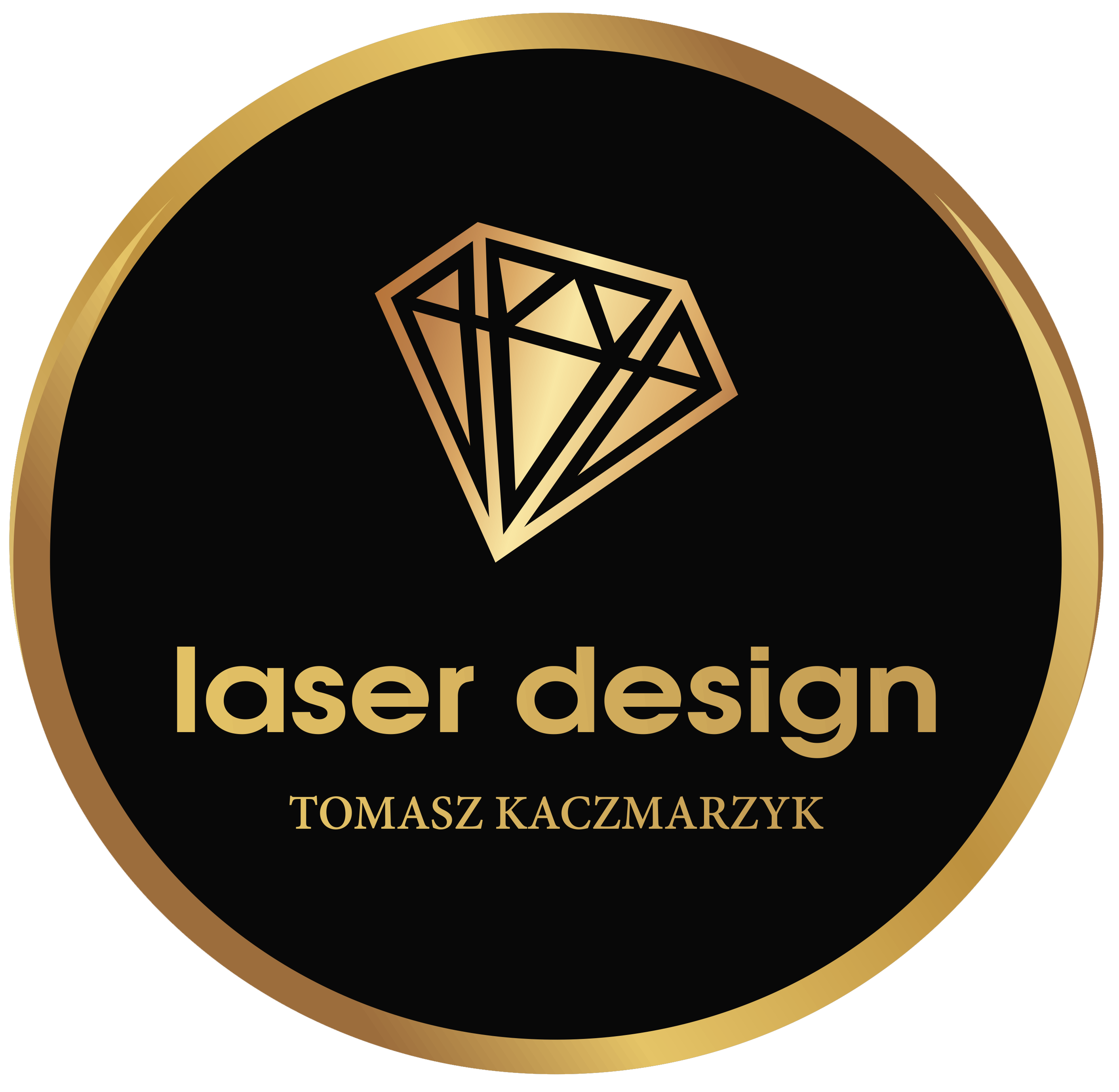Contents

Source: VectorStock
<>
The Importance of Laser Design
Understanding Laser Design
Laser design is a crucial aspect of developing efficient and reliable laser systems. It involves creating a detailed plan that outlines the components, operation parameters, and performance goals of the laser device.
Defining Design Goals
Prior to initiating the design process, it is essential to establish clear design goals. These goals should encompass various aspects such as output power, wavelength, beam quality, reliability, and cost-effectiveness.
Key Aspects of Laser Designs
Several critical factors influence the performance of a laser device, including resonator design, thermal management, noise characteristics, and alignment sensitivity. A well-thought-out design is fundamental in achieving customer satisfaction and cost efficiency.
Requirements for Designing Lasers
Designing a laser necessitates a profound understanding of the application requirements, laser physics principles, material properties, and practical experience with laser systems. Utilizing simulation software can streamline the design process and enhance the effectiveness of research and development.
The Role of Design in Development
A laser design serves as the cornerstone of the development process, guiding the refinement of initial concepts into functional laser systems. Thorough documentation of the design is crucial for future reference and efficient development of subsequent laser devices.
Deriving Designs from Previous Models
In industrial settings, deriving new laser designs from existing models is common practice. However, modifications to an existing design should be approached cautiously to avoid unforeseen complications. Proper documentation of the original design facilitates the creation of variant designs with different specifications.
Conducting Design Reviews
Periodic reviews of laser designs can be beneficial, especially when encountering performance issues or evolving requirements. Revising existing designs based on feedback and advancements can lead to improved laser systems without starting from scratch.
Conclusion
Efficient and reliable laser designs are essential for the successful development of laser systems. By meticulously defining design goals, considering key design aspects, and leveraging simulation tools, researchers and engineers can create advanced laser devices that meet performance requirements and market demands.

Source: www.laser-design24.com
Feel free to comment your thoughts.



